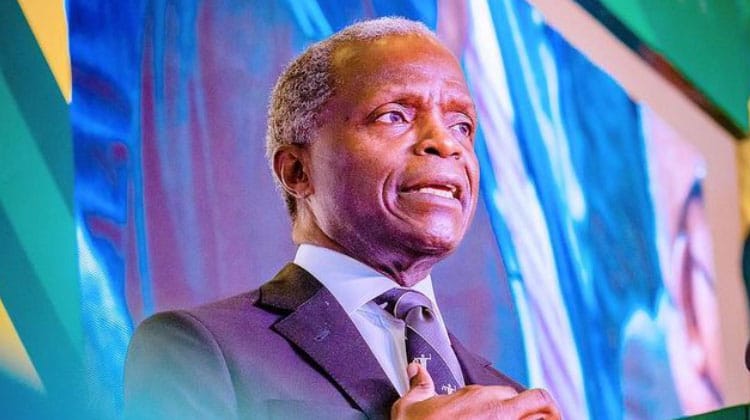The last four decades in the accounting and auditing profession have been serried with financial crisis precipitated by corporate failures, such as the savings and loans industry debacle, Carrian Group, Texaco (1980-1989), Bank of Credit and Commerce International, Barings Bank, Long-Term Capital Management(1990-1999), Enron, Adelphia Communications, WorldCom, Parmalat, Bear Stearns, Northern Rock, Lehman Brothers, AIG, Nortel (2000-2009), China Medical Technologies, Banco Espírito Santo, Theranos, Wirecard, FTX, Silicon Valley Bank, Signa Holdings (2010-2023), to mention just the significant few.
The formative years of a generation or two of adults living today were filled with bad news about the financial crisis. And because of how the news is reported unexamined, auditing is unfairly blamed for corporate failures, foisting on the profession the invidious reputation that audit is not trustworthy. It is a huge formative misinformation.
This generation has been instilled with ideas of accounting and audit suffused with vocabularies of infamy and negativity, instead of righteous vocabularies that solemnly describe the sanctity of accounting and auditing. They never saw an accountant or auditor on the front page of a major newspaper or magazine for having “conferred the greatest benefit on mankind” per Alfred Nobel’s criterion and therefore being awarded the Nobel Prize.
One of the painful consequences is the drying and leaking of the pipeline of accounting. Young brilliant minds tend to choose careers in professions that are limed with inspiring noble vocabularies and prizes because as noted by Brooks. The young ones are not hearing any tale of the excellent minds that drive the accounting profession and our civilisation. They only hear of the few villains who deviate from the hallowed accounting promise of trust.
The angst of financial crisis is always salient and palpable. Society needed answers. What happened, what failed, who failed, etc? What does one do to prevent recurrence? There were no definitive answers. Meanwhile, the financial crisis only became recursive in those decades. The markets and society needed a crutch and a scapegoat to heap the blame on and salve the pains of a financial crisis. Reacting with the typical impetuous investor heuristics in the sea of misinformation, they called everything happening in the crisis audit failure. Because of the cognitive salience of the pain of financial loss, it was easy to uncritically accept that auditors were responsible for all the failures. The unexamined invidious blame stuck, even though it was based on misinformation. Once etched into the doxastic state of society it became difficult to change, with the result that now audit is struggling to restore trust in the trust that it produces for society. An invidious verdict of untrustworthiness has been foisted on the profession.
Given this indurate invidious belief that audit is untrustworthy, which by now has become a classic case of belief perseverance, we need a confident mantra that is thematically exciting, fascinating, persuasive, receptible, a potent “counter-speech” to respond to the enduring misinformation that unexamined audit failures indicate that audit is no longer trustworthy. We need to enlighten society with the truth that it needs to extinguish the incorrect belief in unexamined audit failure narratives. We need a mantra that is ideated, couched and nuanced to have palpable substantivity –the persistence of impact on the hearers – even in the absence of auditors; it should well up in their minds whenever questions are raised about the reliability of audit.
The late eminent psychologist and Economics Nobel laureate, Daniel Kahneman, explained, “A reliable way to make people believe in falsehoods is frequent repetition because familiarity is not easily distinguished from truth.” Therefore, if frequency matters for familiarity and truth, a solemn resonant mantra is needed to counter the audit failure misinformation and inculcate investors, the markets, and society with the inspiring sentiment of audit trustworthiness.
Having contemplated this for decades (I wrote my first advocacy article for accounting in 1982) and tried a couple of advocacy things, and bearing in mind the attributes of an inspiring mantra mentioned above, I have finally arrived at this coruscating pithy mantra, “Audit is trustworthy!” The mantra is solemn, eloquent, succinct, and saliently perseverant. It is demonstrably faithful and true, and deserving of full acceptance. Its verity is evident in the epic ascent of our civilisation that is built on the trust that accounting, audit and auditors produce – the taste of the pudding is in the eating. Its brilliance will edify society and wring out its incorrect beliefs about audit failure.
Therefore, the mantra should empower accountants and auditors to reassert trust in

